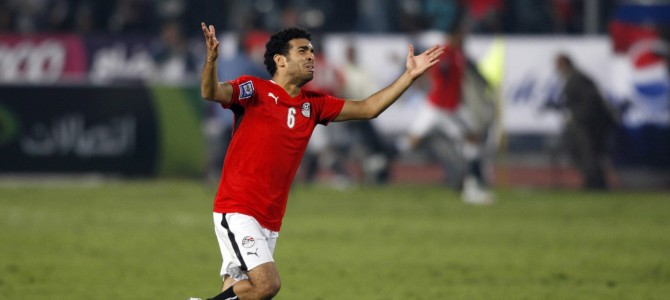FIFA decided on Tuesday that awarding the World Cup to a dictatorship in 2018 and having the 2022 version built by slaves wasn’t enough. Now they want to water down the soccer tournament by expanding it from 32 to 48 teams starting in 2026.
None of this should shock anyone who’s been paying attention. It’s obviously a brazen cash grab by FIFA and a brazen vote grab by its president. FIFA expanded the tournament not because too many deserving countries were missing out. They did it because the likes of China and India (and their billions of eyeballs for advertisers) were missing out. Also, FIFA and its president can maintain their power by pandering to the numerous lesser footballing nations, no matter how damaging their decisions are to the game itself. And pander they do.
The new format will feature 16 (!) groups of three teams, with the top two teams advancing to the knock-out stage. If you’re a fan of quality football, this move should scare you (but Jose Mourinho supports it, so what do I know).
A group stage loses significance and urgency when two-thirds of the teams can advance. Fewer teams play to win, and more do just enough to get by. The increasing odds of making it to the knock-out stages can cause teams to play safe, boring football.
FIFA is even considering penalties to determine a winner in the group stage, in part to keep teams from “mutually assured advancement” in the final game. A four-team group (you know, the kind used in every other major tournament) lessens the likelihood of collusion. Regardless, group stage penalties could further incentivize weaker teams to play for a 0-0 game.
Anyone who watched the expanded Euro 2016 will know that such a large increase greatly dilutes a tournament. The entire Euro tournament used to be “must watch.” That’s no longer the case. Yes, Euro 2016 had exciting stories with the likes of Iceland, Wales, and Portugal. But it rarely offered thrilling soccer.
This ballooning will also affect a World Cup qualifying process that already struggles for relevance. Outside of the intense South American qualifying format, few nations have to worry too much about qualifying. The big teams, with World Cup qualification almost a certainty as-is, will no longer need to push themselves. More middling teams can rest easy, knowing that “just enough” will suffice. World Cup qualifying doesn’t need to be any easier, but it will be. Overall quality will drop. And the gap in class between club football and international football will continue to grow.
Expansion itself isn’t the issue. As the game grows, the World Cup should grow with it. But not like this logistical nightmare, and not merely for the sake of expansion. Spare me the talk about the smaller nations getting a shot. The World Cup should be the best of the best. Besides, 32 seemed like the perfect number for the World Cup. It ensured that most of the top-tier sides would appear while giving spots to just enough underdogs without weakening the tournament.
Overall, this move continues FIFA’s tradition of anti-soccer, pro-profit practices. FIFA clearly stopped caring about what’s good for the game long ago. FIFA only wants what’s good for FIFA.









